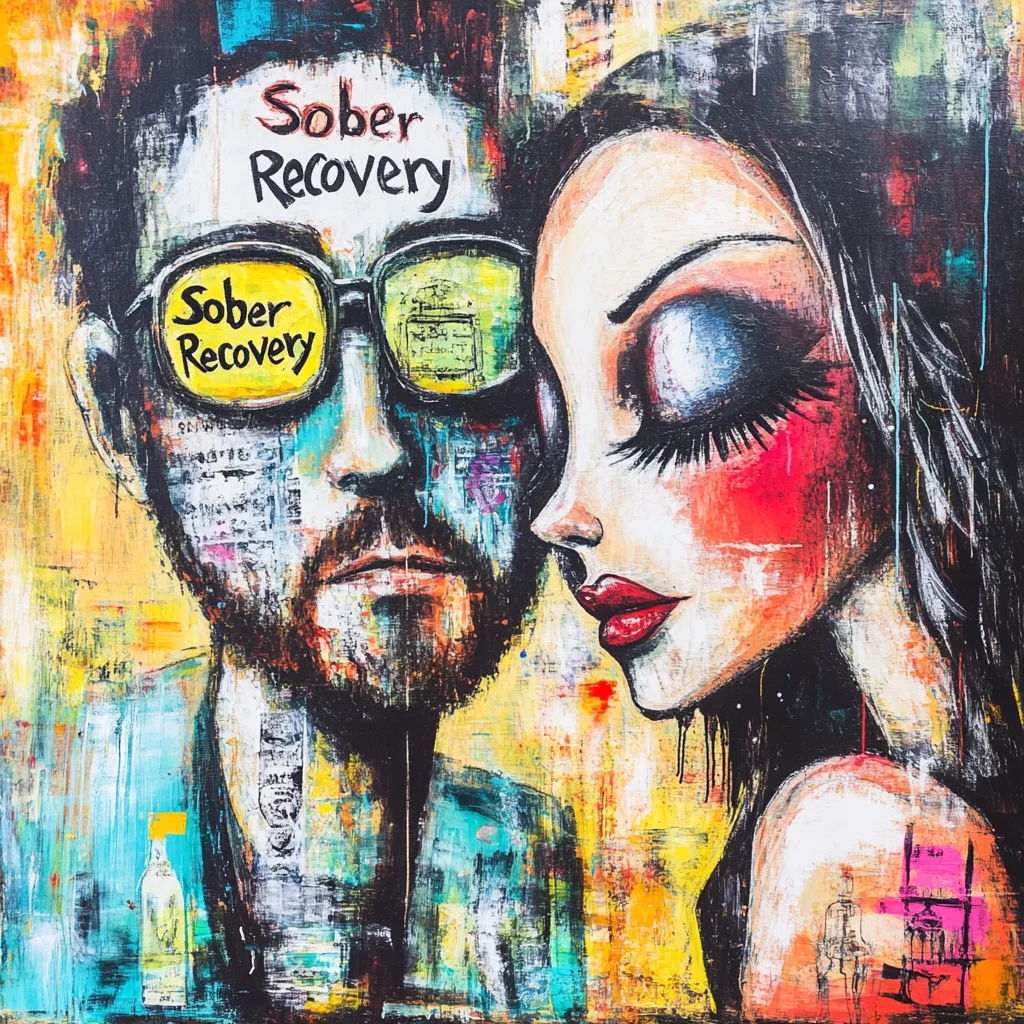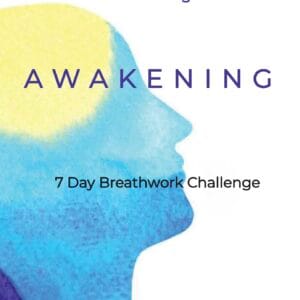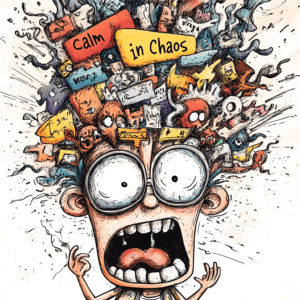
Embarking on the path of sober recovery is a life-changing decision that opens doors to improved health, meaningful relationships, and inner peace. Sobriety is about reclaiming your life and rebuilding confidence while creating a future aligned with your values and aspirations. Whether you’re just beginning this journey or looking for ways to enhance your progress, understanding the holistic impact of sober recovery can empower you to stay committed and inspired. This post delves into actionable insights, mindset shifts, and the transformative power of choosing sobriety for a brighter tomorrow.
The Foundations of Sober Recovery
What Is Sober Recovery?
Sober recovery refers to the process of achieving and maintaining sobriety while rebuilding a fulfilling life. It involves more than quitting alcohol or substances; it’s about addressing the underlying causes of addiction and transforming your mindset and lifestyle.
Key elements of sober recovery include:
- Physical recovery: Healing the body from the effects of addiction through nutrition, hydration, and rest.
- Emotional growth: Developing resilience, identifying emotional triggers, and learning to process emotions healthily.
- Mental clarity: Breaking free from the fog of substance use by engaging in mental exercises such as puzzles, reading, or therapy.
- Spiritual renewal: Finding deeper meaning and connection, whether through nature, meditation, or faith practices.
Take Sarah’s story, for instance. After years of struggling with alcohol dependency, she found solace in hiking and journaling. Initially, she started with short walks in her neighbourhood to clear her mind, which eventually led to exploring scenic trails. Journaling became her nightly ritual, where she documented her thoughts and milestones. Over time, these practices not only helped her cope with cravings but also inspired her to volunteer for local conservation projects, turning her recovery journey into a source of purpose and connection.
Why Mindset Matters in Sober Recovery
Your mindset can be a powerful ally or a significant barrier in sober recovery. A fixed mindset—believing change is out of reach—can leave you feeling stuck. Conversely, adopting a growth mindset allows you to embrace challenges and see failures as opportunities to learn.
For example, Tom, a mindset coaching client, reframed his setbacks as learning experiences. With mindfulness techniques and daily affirmations, he shifted from self-criticism to self-compassion, which became a cornerstone of his recovery.
Practical mindset tools include:
- Mindfulness practices: Engage in activities like yoga or meditation to stay present.
- Self-reflection: Use journaling to uncover patterns in your thoughts and behaviours.
- Positive affirmations: Reinforce your goals by repeating empowering statements daily.
The Role of Community in Recovery
Isolation often accompanies addiction, but a community can be a healing force. Joining support groups like Sober Beyond Limits or attending workshops can create a sense of belonging and accountability. These groups often provide a structured environment where individuals can share their experiences, gain insights from others who have faced similar struggles, and build a network of understanding peers. Mutual support fosters encouragement and reduces feelings of isolation, which are common during recovery. Workshops, on the other hand, can offer practical tools and coping strategies that empower individuals to navigate challenges effectively while reinforcing their commitment to sobriety. Even digital communities, such as sobriety apps and forums, can offer valuable connections.
One inspiring example is Lisa, who found her recovery community through an online sobriety forum. The shared stories and mutual encouragement she received helped her rebuild confidence and tackle everyday challenges.
Steps to Success in Sober Recovery
1. Set Clear Intentions
Defining your “why” anchors your recovery process. For example, your “why” could be improving your health, being a positive role model for your children, or achieving personal dreams that were sidelined by addiction. Identifying these motivations helps create a strong foundation for long-term success.
2. Build a Support System
Recovery is not a solo journey. Surround yourself with supportive friends, family, or a community that understands your path. Consider joining sober living groups or working with a mindset coach to stay accountable.
3. Develop Healthy Habits
Replacing old habits with constructive ones helps sustain recovery. Try activities like:
- Journaling to track progress.
- Exercising regularly for mental and physical health.
- Practicing mindfulness to stay present.
4. Face Challenges with Confidence
Cravings, emotional triggers, and societal pressures are common challenges in sober recovery. Tactics to overcome these include:
- Identifying triggers and creating action plans.
- Engaging in distraction techniques during cravings, like walking or meditating.
- Celebrating small wins to boost confidence.
Key Takeaways for Sober Recovery
- Define your goals and revisit them regularly: Setting clear, actionable goals provides direction and helps you stay focused on your recovery journey. Reevaluate these goals periodically to track your progress and adapt as needed.
- Surround yourself with a supportive network: Build a circle of understanding and encouraging individuals, whether through friends, family, or recovery groups. Community plays a critical role in fostering accountability and reducing feelings of isolation.
- Replace old habits with healthy alternatives: Engage in positive activities like exercise, creative hobbies, or volunteering to fill the void left by unhealthy behaviours. These new routines help reinforce your commitment to a sober lifestyle.
- Face challenges with proactive strategies: Prepare for potential triggers by creating a relapse prevention plan. Techniques like mindfulness, distraction, or seeking support can help you navigate difficult moments.
- Celebrate milestones, no matter how small: Acknowledge and reward yourself for achieving sobriety milestones, such as days, weeks, or months of being substance-free. Celebrating progress boosts motivation and self-confidence.
FAQs About Sober Recovery
How long does it take to feel better in sober recovery?
Physical improvements often begin within weeks of sobriety, but emotional and mental recovery may take months or years, depending on individual circumstances. According to a study published in the Journal of Substance Abuse Treatment, the first 90 days of sobriety show the most significant physical recovery, while emotional healing tends to progress steadily over the first year. This highlights the importance of patience and perseverance in the recovery process.
What is the biggest challenge in sober recovery?
For many, overcoming the emotional triggers and societal norms associated with substance use is the most significant hurdle. Mindset coaching can be a valuable tool to navigate these challenges.
Can I recover without professional help?
While self-directed recovery is possible, professional guidance—from therapists, mindset coaches, or support groups—often accelerates progress and reduces the risk of relapse.
Ready to Transform Your Life?
Sober recovery is a journey of courage, resilience, and growth. Whether you’re just starting or seeking additional support, resources like Sober Beyond Limits programs can provide the tools you need. Take the first step today—your future self will thank you.
Reflect and Share: What’s your biggest motivation for sober recovery? Share your thoughts in the comments or connect with us to learn more about our programs and resources.
On sale products
“Calm the Chaos” Graphic T-Shirt
Price range: £27.40 through £39.647-day breathwork challenge
£0.00Calm in Chaos: Ten Exercises for Managing Anxiety in the Modern Age
£9.99Calm The Chaos
Price range: £26.10 through £33.12Calm The Chaos
Price range: £20.00 through £37.56




